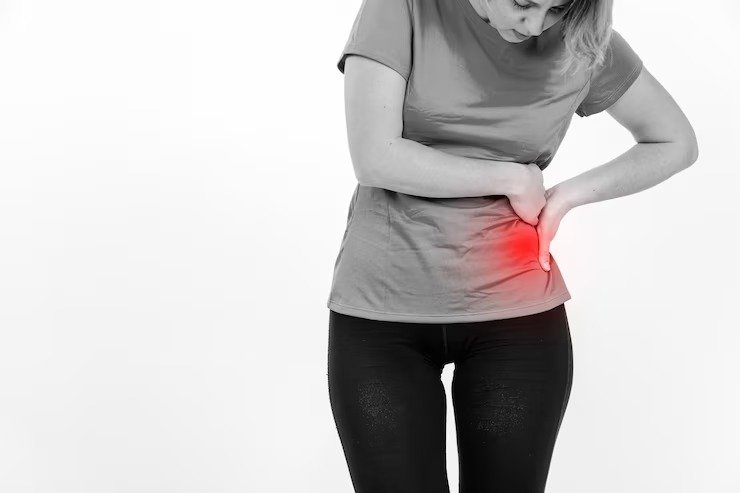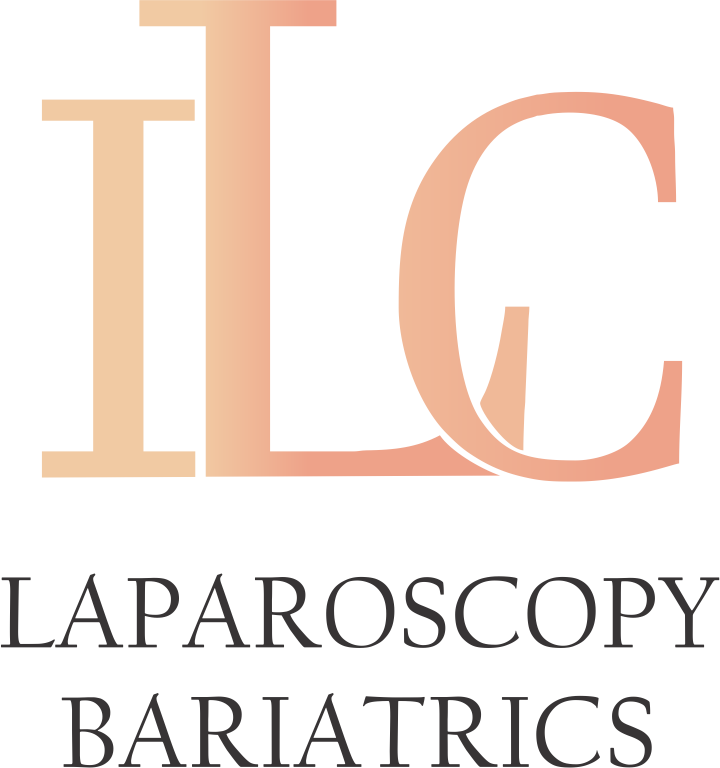- Phone : +91-7574858085, 9691481578
- Email : drachalagrawal@gmail.com
- Opening Hours : 10:00am to 08:00pm
A hernia of this kind, known as a femoral hernia, develops in the groyne region, more specifically in the femoral canal. The inguinal ligament, a strip of tissue that connects the hip bone to the pubic bone, is a small opening called the femoral canal.
When a weak spot or opening in the muscle or fascia around an organ or tissue, a hernia results. A small portion of the intestine or other abdominal tissue may push through the femoral canal, which is found in the groyne right below the inguinal ligament, in the event of a femoral hernia.
Femoral hernias are more common in women than in males, and they frequently occur as a result of weak groyne muscles or tissue. The groyne area may protrude, there may be pain or discomfort, and there may be nausea or vomiting as femoral hernia symptoms. It is crucial to see a doctor for a diagnosis and treatment if you think you may have a femoral hernia.

Femoral hernias happen when an organ or piece of tissue pushes through a tear or opening in the muscle or fascia of the area around the groyne. The following are some of the most typical femoral hernia causes:
Congenital weakness: Some people have a weak region in the femoral canal or the surrounding muscles or fascia from birth, which increases the chance of developing a hernia in the future.
Pregnancy: The muscles in the groyne area may weaken as a result of the increased strain on the abdominal wall during pregnancy, which raises the possibility of a femoral hernia.
Obesity: When the extra weight puts strain on the abdominal wall and groyne region, those who are overweight or obese are more susceptible to develop a femoral hernia.
Chronic coughing: Conditions such as chronic obstructive pulmonary disease (COPD) or chronic bronchitis that cause persistent coughing can put pressure on the abdominal wall and increase the risk of a femoral hernia.
Previous surgery: Scar tissue from previous surgeries in the abdominal area can weaken the muscles and increase the risk of a hernia.
Physical activity: Activities that involve heavy lifting, straining, or pushing can put pressure on the abdominal muscles and increase the risk of a hernia.
Here are some of the most typical femoral hernia indications and symptoms, however they might vary from person to person.

©Copyright 2023. All Rights Reserved.